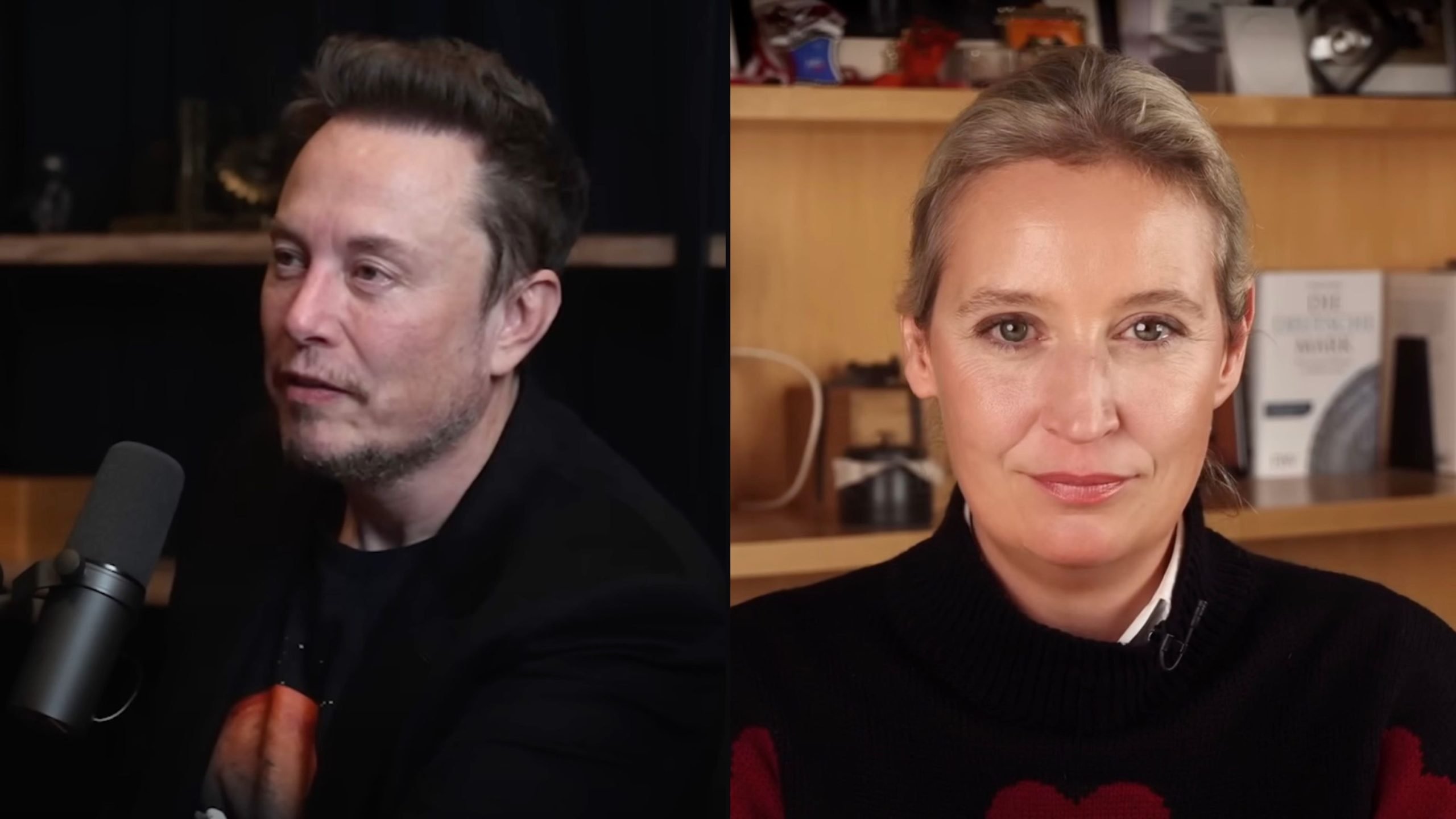The European Union (EU) is ramping up its scrutiny of X, the social media platform owned by Elon Musk, as part of an ongoing investigation into the platform’s compliance with the censorship law, the Digital Services Act (DSA). This comes ahead of a live discussion planned between Musk and Alice Weidel, leader of the Alternative for Germany (AfD) party, raising more concerns over the increasing pressure to censor political speech.
EU regulators have made it clear that they intend to analyze the live conversation scheduled for Thursday, treating it as part of their broader probe into X. The investigation, launched in December 2023, focuses on alleged breaches of the DSA, particularly in areas such as civic discourse and disinformation. Critics, however, argue that such probes are being weaponized to stifle free expression under the guise of “risk mitigation.”
“Nothing in the DSA prohibits any platform to have a live stream and to express personal opinions,” said a European Commission spokesperson, acknowledging that platforms retain some autonomy. However, they added, “What is very clear, what we will look at in the context of the current proceedings is whether the platform operates within the legal boundaries of the DSA and if it has assessed the risks.” This vague language has raised alarms among free speech advocates, who question whether such assessments are veering into censorship.
The DSA, which took effect in August 2023, mandates that large online platforms address so-called risks like “disinformation,” particularly during politically sensitive times like elections. Yet Musk’s engagement with Weidel and his broader support for the AfD has been criticized as attempts to “interfere” in Germany’s upcoming federal election on February 23.
German officials accuse Musk of influencing the electoral process just by expressing his opinion.
Thierry Breton, the EU’s former Internal Market Chief, has been vocal in his calls for Musk to conform to the DSA. Last summer, Breton threatened Musk hours before he conducted a live interview with Donald Trump, accusing him of potentially sidestepping EU censorship regulations.
Meanwhile, the European Commission, Germany’s Digital Services Coordinator, and other stakeholders are preparing a roundtable discussion on January 24 to address perceived risks ahead of Germany’s election. Critics see this as yet another attempt to centralize control over political narratives online, using the pretext of “protecting democracy.”










